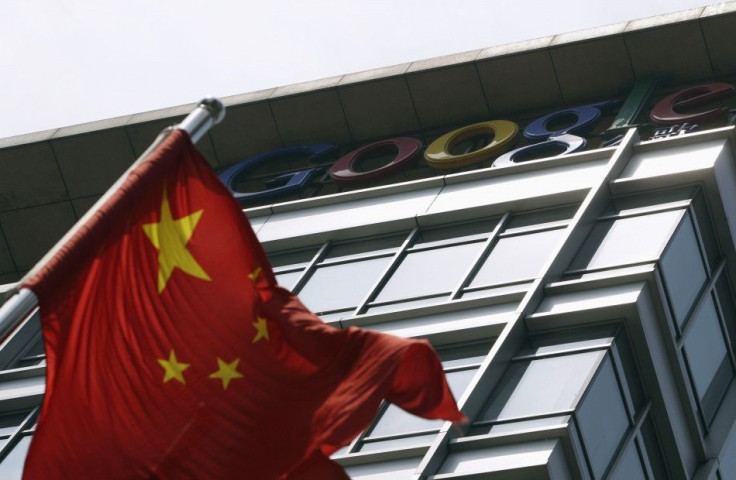Australia to develop cyber defense strategy to combat hacking

Responding to recent cyber attacks on global companies and government officials, Australia will develop a cyber defense strategy to combat hacking and electronic espionage, the government said on Friday, Reuters reported.
Attorney-General Robert McClelland and Defence Minister Stepehen Smith said Australia's cyber defense blueprint will deal with the growing threat posed by electronic espionage, theft and state-sponsored cyber attack.
The Cyber White Paper will examine what we need to do to protect ourselves online, the role of government, industry and the public in protecting our interests, McClelland told a cyber security function in Sydney, as reported by Reuters.
The strategy paper, which is to be completed in the first half of 2012, would cover a broad range of areas like consumer protection, cyber safety, cyber crime, cyber security and cyber defense, McClelland added.
Google Inc blamed China on Wednesday saying that suspected Chinese hackers tried to steal passwords of hundreds of Google email account holders, including senior U.S. government officials, Chinese activists and journalists. However, China denied the charges.
The allegations by the world's largest Web search company have fueled debate in Washington over China's intentions in cyberspace, Reuters reported.
Back in February, Australia's parliament faced a cyber attack, with the computers of at least 10 federal ministers including Prime Minister Julia Gillard and Defense Minister Stephen Smith, targeted.
Earlier this week, McClelland urged companies to squeeze attention over cyber attacks launched offshore against some of the world's biggest resource firms and other businesses, said the Reuters report.
According to head of Australia's Department of Foreign Affairs, Dennis Richardson, his officials were experiencing near daily cyber attacks. I doubt whether there would be a 24-hour period in which you wouldn't get something. They can be anything ranging from skilled kids seeing what they can do, to sophisticated hackers getting a kick out of it, through to attempted espionage, Reuters quoted Richardson as saying.
© Copyright IBTimes 2024. All rights reserved.





















